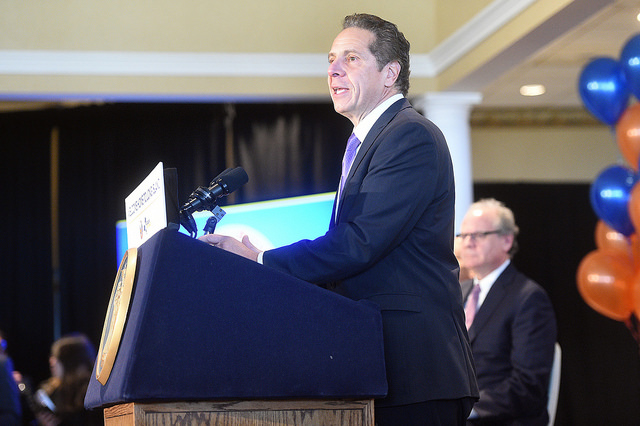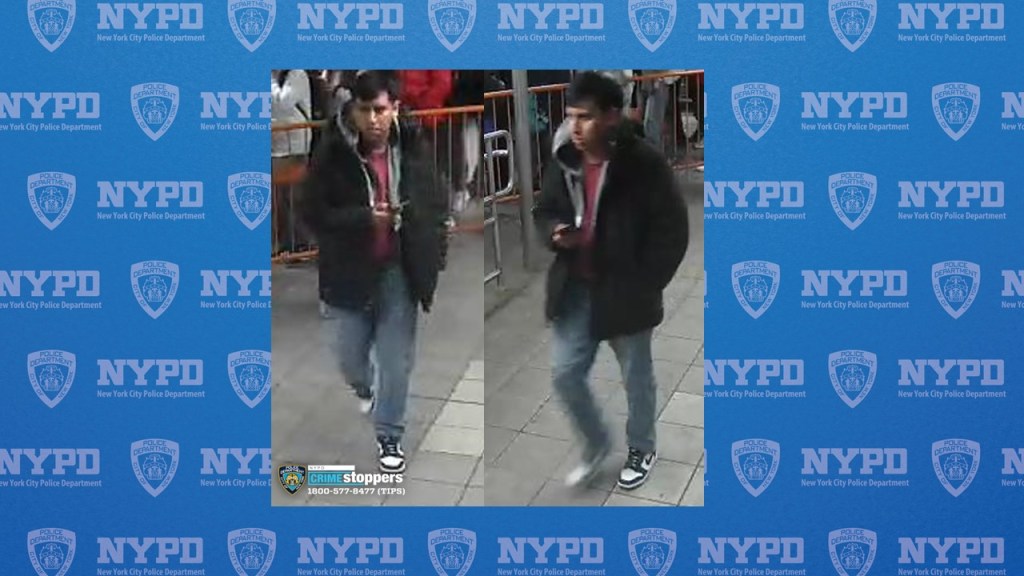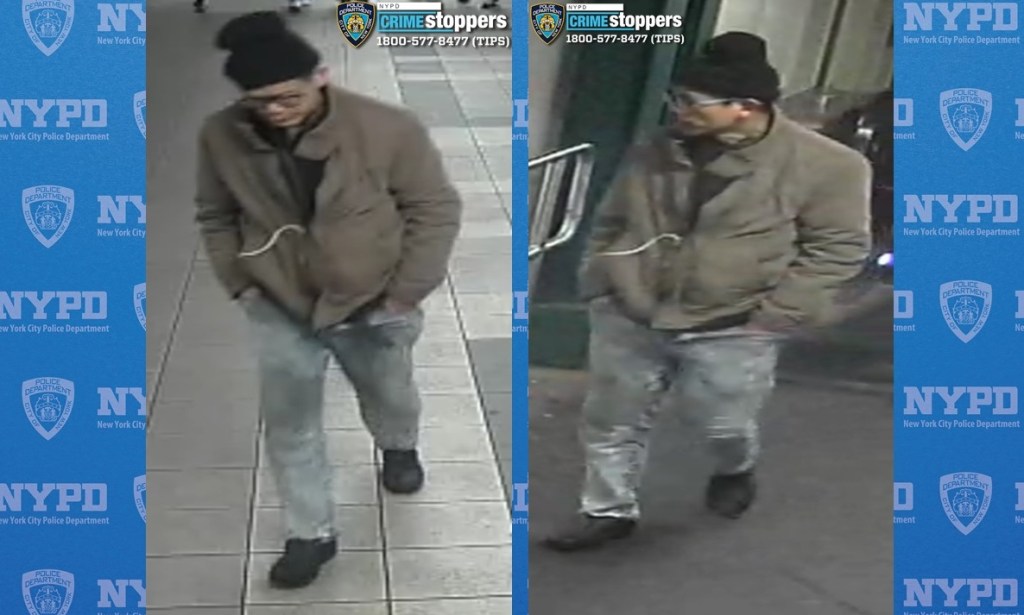Governor Andrew Cuomo announced on Dec. 27 that he would pardon 61 New Yorkers including those facing deportation or barriers to becoming citizens.
The governor pardoned 18 immigrants with previous criminal records, handed out 39 conditional pardons to people who were charged with misdemeanors or non-violent offenses when they were 16 or 17 years old and commuted the sentences of two people “who have demonstrated a substantial evidence of rehabilitation and dedicated their efforts to the work of violence interruption.”
Cuomo said he decided to pardon 18 immigrants facing deportation or other immigration-related issues because of the federal government’s “increased targeting of immigrants.”
In June, Cuomo pardoned Queens resident Carlos Cardona, who fled Colombia in 1986 after gangs threatened his family. Cardona, who worked as a cleanup and hazmat recovery worker rehabilitating Ground Zero after the 9/11 attacks, was held in a detention center in New Jersey after a routine check-in with U.S. Immigration and Customs Enforcement in February.
“These New Yorkers have proved their rehabilitation, in some cases for decades, but have been unable to gain legal status or fully reenter society due to the stigma of conviction,” Cuomo said in a statement. “While the federal government continues to target immigrants and threatens to tear families apart with deportation, these actions take a critical step toward a more just, more fair and more compassionate New York.”
One of the New Yorker’s pardoned is Lorena Borjas, a 57-year-old Jackson Heights resident. Borjas was convicted of fourth-degree criminal facilitation in 1994 when she was 23 years old and a victim of human trafficking, according to the governor.
Borjas, a transgender woman from Mexico, moved to the United States when she was 21. She currently works as an educator at community health centers citywide. Borjas also runs HIV testing programs for transgender sex workers and syringe exchange programs for transgender women taking hormone injections.
“With this pardon granted, I will no longer have to go to sleep at night worrying that I will be deported back to a country that is no longer home,” Borjas told the Transgender Law Center. “I will be able to live my life without stress and fear of immigration and I will be able to continue doing the work I do and help more vulnerable transgender women.”
The 39 youth pardons are part of a Youth Pardon Program that was created in 2015 to “remove barriers to employment and community-involvement opportunities.” So far, 140 conditional pardons have been granted for people who have been crime-free for 10 years or more since they were sentenced.
Cuomo commuted the sentences of two men, Michael Flournoy, 42, and Dominic Dupont, 39, who had served more than 20 years in prison.
Flourney, who was serving for second-degree attempted murder is a volunteer program coordinator at the Prisoner’s AIDS Counseling and Education Program. He also earned an associate’s and bachelor’s degree from Bard College and a Master of Arts from the New York Theological Seminary while serving 21 years of his 25- to 50-year sentence.
Dupont served more than 20 years of his 25-year sentence for second-degree murder and second-degree criminal possession of a weapon when he was 19. The charges stem from a fight between two groups of young men where Dupont was defending his twin brother, the governor said.
During his time in prison, Dupont served as the director of the Youth Assistance Program, a volunteer group that guides youth at risk of justice system involvement to a better path. He will continue working as an at-risk youth counselor after his release.




































